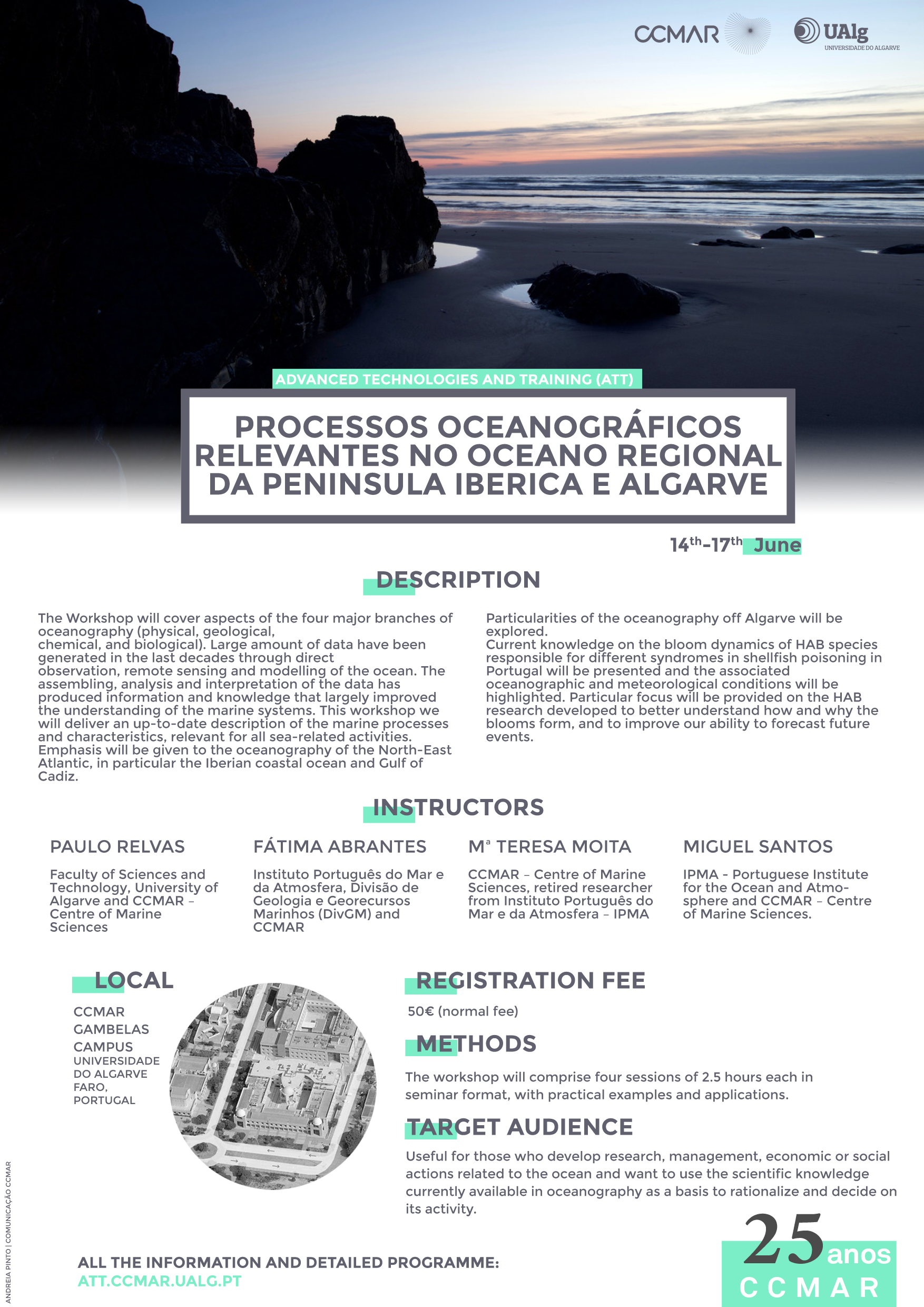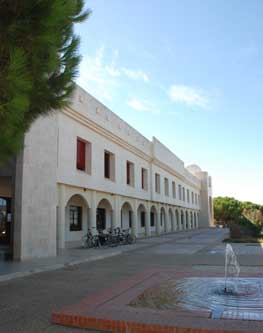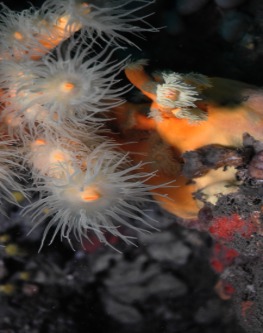
The ocean as a physical system. Fundamental parameters and definitions. Variability of the ocean. Scales in the ocean. Stratification and stability. Ocean dynamics. The influence of the wind. Upwelling and coastal upwelling systems. Large scale, regional and near shore oceanography. The North Atlantic oceanography. Regional oceanography of the Iberian sea. The Gulf of Cadiz oceanography and the coastal ocean off Algarve.
Principal phytoplankton groups and life cycles. Turbulence, watermass stratification and harmful algal blooms. HAB species and associated syndromes. Geographical distribution of HABs. HAB species in Portugal: autochthonous, allochthonous and emergent species. Bloom dynamics (initiation, development and decay), their history and oceanographic processes associated. Meteorological anomalies and changes in geographical location of bloom epicenters. Bloom connectivity between regions. Toward predicting different harmful algal blooms off Iberia.
Small pelagic fish (SPF; e.g., sardine). Fluctuations in their productivity. Study fish remains in sediments. SPF productivity and climate variability. Larval transport and retention in Western Iberia. Important oceanographic processes. Case studies of retention mechanisms for fish and decapods larvae, and cephalopod paralarvae. Retention mechanisms of anchovy larvae in the Gulf of Cadiz. Modelling decapod larvae dispersion in the Gulf of Cadiz.
Today’s climate warming shift, causes and problem for societies’ sustainability; The ocean capacity to uptake of CO2, positive and negative consequences (ocean warming, atmospheric and oceanic circulation changes, ocean’s acidification); Environmental consequences in particular on the base of the marine food web; Expected changes on coastal upwelling regions such as the Portuguese margins; The information derived from the 150-200 yr of instrumental data; The need for paleoceanographic /paleoclimate records to document the amplitude, rate, and timing of the natural variability in the system and provide information for better model future conditions.
REGISTRATION FEES: 50€
Please register using this form
Registration does not include travel and lodging. Faro has an international airport located 4 km from the Gambelas Campus of the University of Algarve where the course will take place.
Informal enquires to:
Fatima Abrantes - fatima.abrantes@ipma.pt
and
Paulo Revlas - prelvas@ualg.pt
Advanced Technologies and Training programme @ CCMAR 2016



